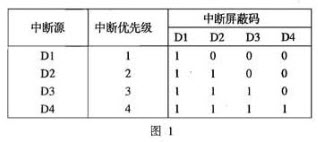阅读下列材料,回答问题:
中国近代史上先后建立了两个具有划时代意义的共和国,前者结束了中国两千多年的封建君主制,为民族资本主义的发展扫清了障碍;后者推翻了三座大山,结束了百年来的半殖民地半封建社会,人民当家做主,经济飞速发展。
(l)这两个共和国分别是哪一个阶级建立的?领袖是谁?
___________________________________________________________________________________________
(2)辛亥革命以后的十年间,中国社会政治、经济和文化方面有了哪些可喜的进步?
___________________________________________________________________________________________
(3)两个共和国建立的历史给我们以什么启示?
___________________________________________________________________________________________
(1)资产阶级、无产阶级;孙中山、毛 * * 。
(2)①政治:推翻了两千多的封建君主专制制度。②经济:民族工业得到发展。③文化:新文化运动兴起。
(3)建立民主共和国是历史的趋势;只有 * * 党才能领导革命取得最终的胜利。

